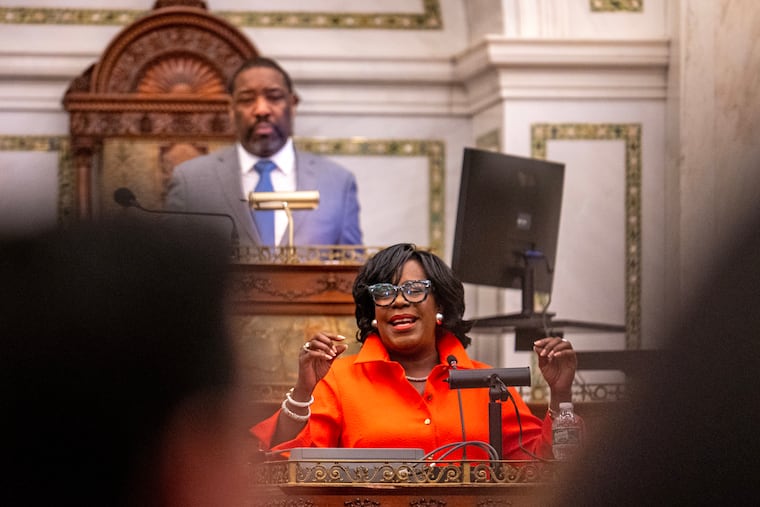Prospects for Achieving Peace in the Ongoing War in Ukraine

Recent developments in the ongoing conflict between Russia and Ukraine have escalated in intensity, drawing significant attention to the evolving dynamics of Europe’s largest military engagement since World War II. In the face of sustained offensives from both sides, the conflict shows no immediate signs of resolution, prompting discussions about its broader implications for regional stability and international relations.
The complexities of the situation prompt analysts to assess the strengths and weaknesses of each nation’s military capabilities, as well as the alliances shaping the conflict’s trajectory. Russia has exhibited a concerted focus on territorial expansion, recently consolidating control over pivotal areas. Conversely, Ukraine continues to display remarkable resilience, bolstered by strong international support, particularly from Western nations keen on upholding Ukraine’s sovereignty and territorial integrity.
The stakes surrounding this conflict extend beyond immediate military outcomes; they encompass geopolitical interests that intertwine with the ambitions of global powers. The potential for peace remains elusive, but dialogue continues among diplomats and political leaders who are exploring avenues for de-escalation. The international community watches closely, as the outcome of these negotiations could significantly influence security dynamics throughout Europe and beyond.
In this context, the potential for constructive engagement and collaboration among nations stands as a beacon of hope. The role of mediating states, non-governmental organizations, and peace advocacy groups is crucial in fostering an environment conducive to dialogue. As the situation develops, it remains essential for leaders on both sides to consider the consequences of prolonged conflict not only on their nations but also on the global stage.
The discussion surrounding avenues for peace, as well as a comprehensive analysis of military strengths, will unfold with contributions from key figures in the field. Expert voices such as Peter Zalmayev, the Executive Director at the Eurasia Democracy Initiative, will provide insights into political strategies, while independent journalist Alexander Bratersky offers on-the-ground perspectives. Moreover, Steven Erlanger, the Chief Diplomatic Correspondent in Europe for The New York Times, will lend expertise from the international diplomatic sphere.
As the situation continues to evolve, the world remains vigilant, hopeful for resolutions that prioritize peaceful coexistence.
#PoliticsNews #WorldNews






